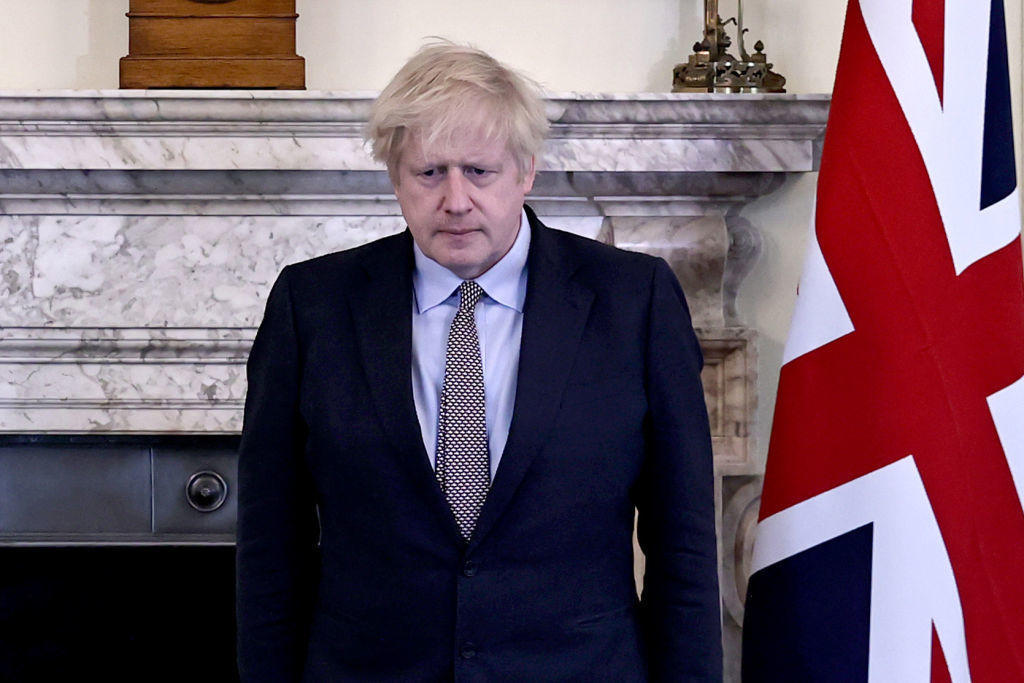Is Boris Johnson’s government jumping from one crisis to the next or is No. 10’s agenda progressing roughly as planned? It depends who you ask. After a difficult few weeks, there are plenty of Tory MPs who believe it’s the former. Many of whom don’t even feel the need to keep their grievances anonymous.
Charles Walker MP recently used an interview to complain that it was becoming ‘increasingly difficult’ for Tory MPs to defend government policy: ‘too often it looks like this government licks its finger and sticks it in the air to see which way the wind is blowing’. His colleague Bernard Jenkin MP made a similar observation – saying a pattern appears to have developed whereby under Johnson’s government ‘something goes wrong and it is the permanent secretary’s fault or it is some public body’s fault’.
Fewer MPs defend government policy because it could change in the next 24 hours anyway
There are plenty of lists of government ‘U-turns’ doing the rounds, from the A-levels algorithm and face masks in schools to the NHS surcharge and free school meals. There are government advisers who take issue with the suggestion each one is a U-turn – seeing it as part of the media’s desire to create ‘gotcha’ moments. Today Boris Johnson offered his own interpretation of these changes in policy. Speaking to Cabinet, the Prime Minister dismissed the position changes as minor when it came to his government’s general direction. He said they were the right thing to do in accordance with the changing circumstances:
In the last few months we’ve been sailing into the teeth of a gale, no question. And I am no great nautical expert but sometimes it is necessary to tack here and there in response to the facts as they change, in response to the wind’s change but we have been going steadily in the direction, in the course we set out and we have not been blown off that course.
Although in some of the recent cases the only thing that changed was MP or public pressure, Johnson and his team do not see a policy alteration as particularly problematic. While they do tend to stick by personnel even when MPs and members of the public turn against them, they are much more relaxed about adjusting policy positions. Polling suggests that voters are pretty forgiving so long as they get their preferred outcome in the end. Recent dispatches from marginal Tory seats suggest that the party’s new voters are willing to forgive a lot of mistakes, so long as they are changed quickly.
The problem for Johnson is that while voters may have a certain level of patience for an evolving position, Tory MPs don’t. Each time there is a U-turn, it drains goodwill among the parliamentary party – with fewer MPs willing to go out and defend government policy on the basis it could change in the next 24 hours anyway. This in theory wouldn’t be a particular concern of No. 10, who tend to spend little time worrying about the individual concerns of MPs. But with a number of difficult votes on the horizon and unease growing, it’s something they are having to consider. Members of the 1922 executive committee hope to relay such concerns to the Prime Minister this week.







Comments